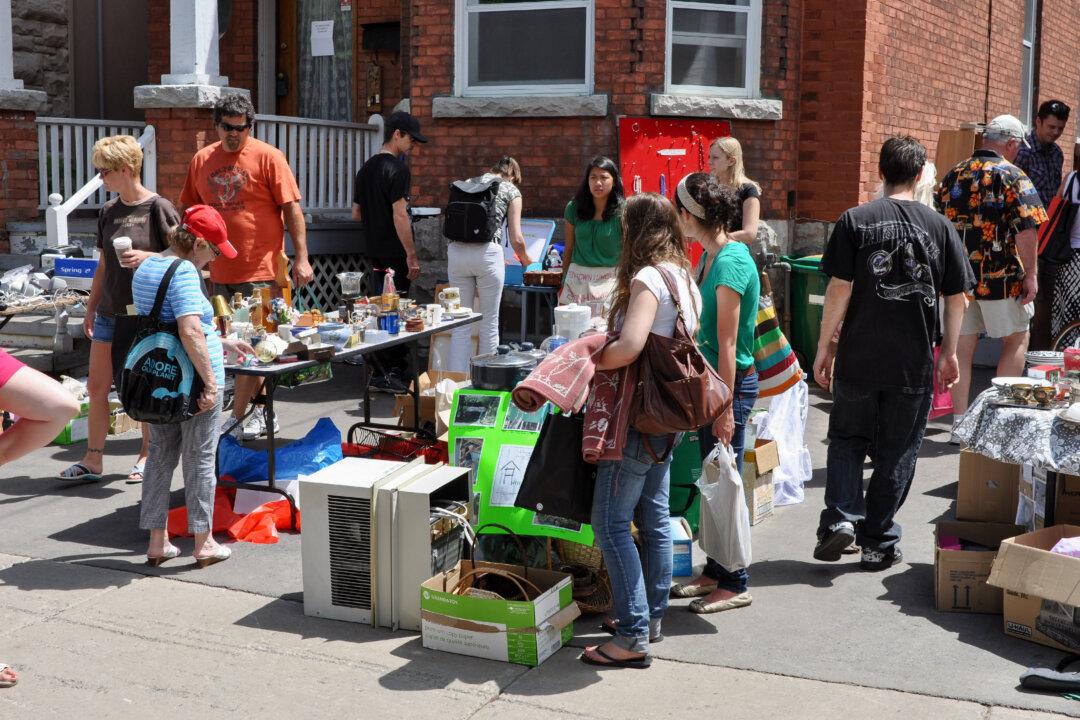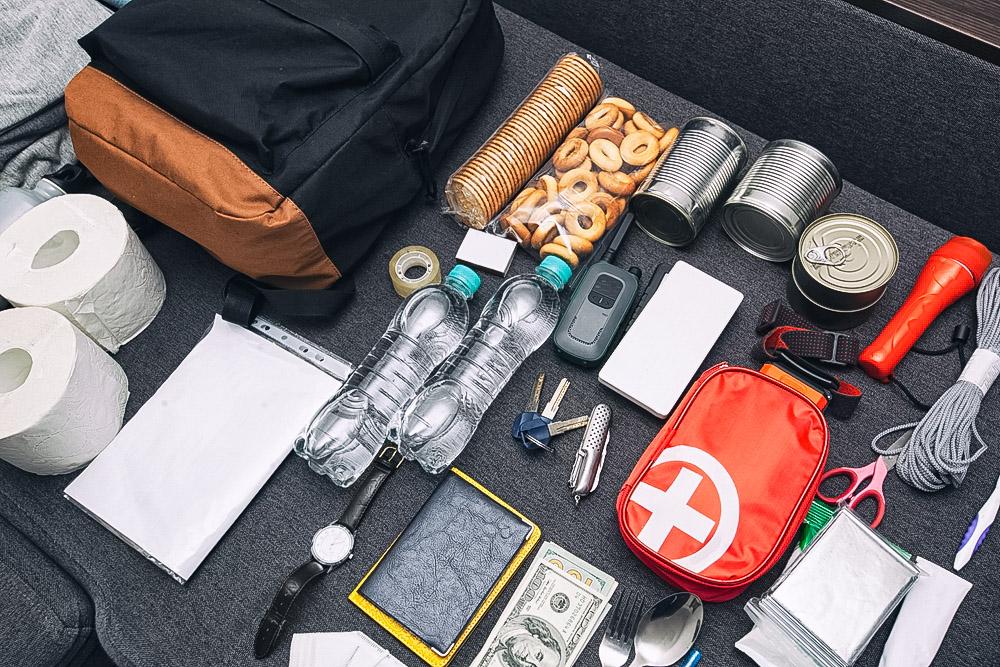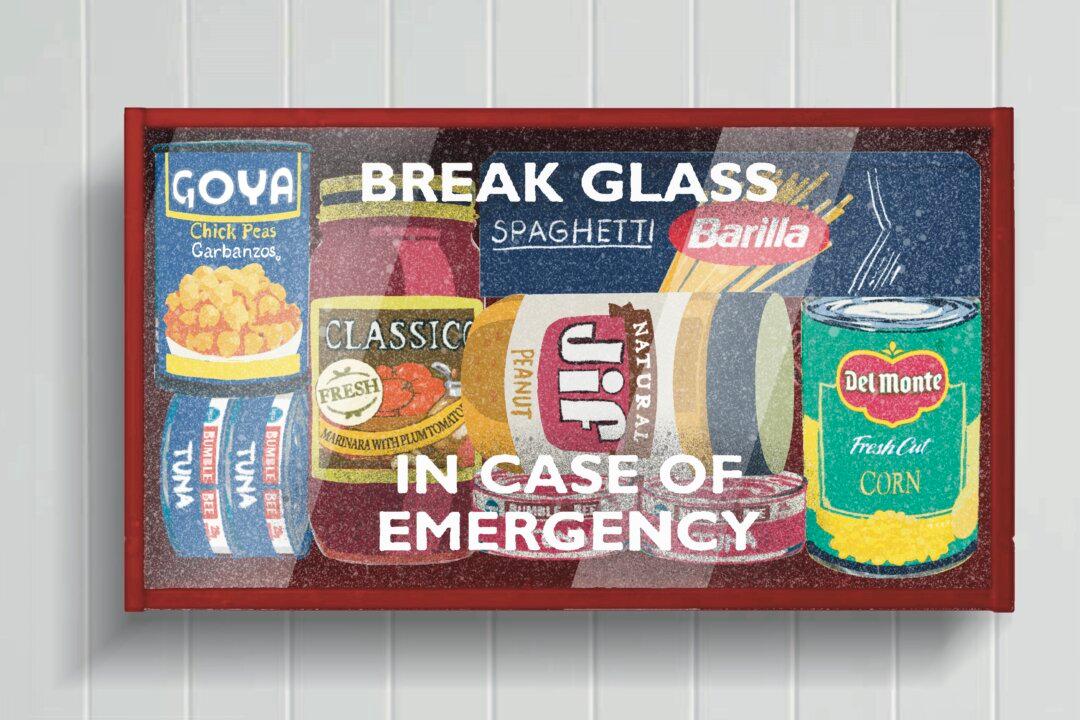There’s no telling when Armageddon will occur, and there’s yet to be a date scheduled for the zombie invasion. However, from natural disasters to potential shortages, events far more likely have taken over the news headlines, and it’s time to pay attention and prepare.
However, many people have no idea where to start on the preparation journey. They may wonder, “Is it too late?” The short answer is, “Not yet.”





